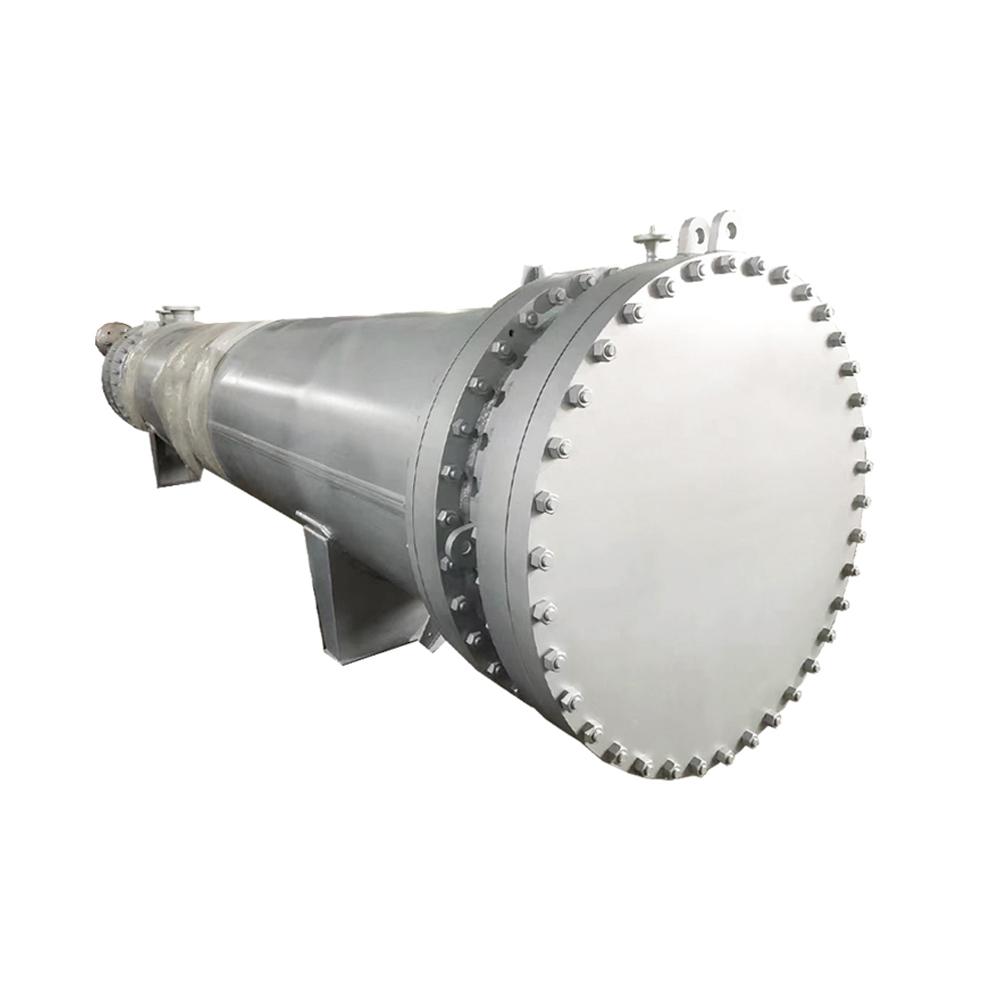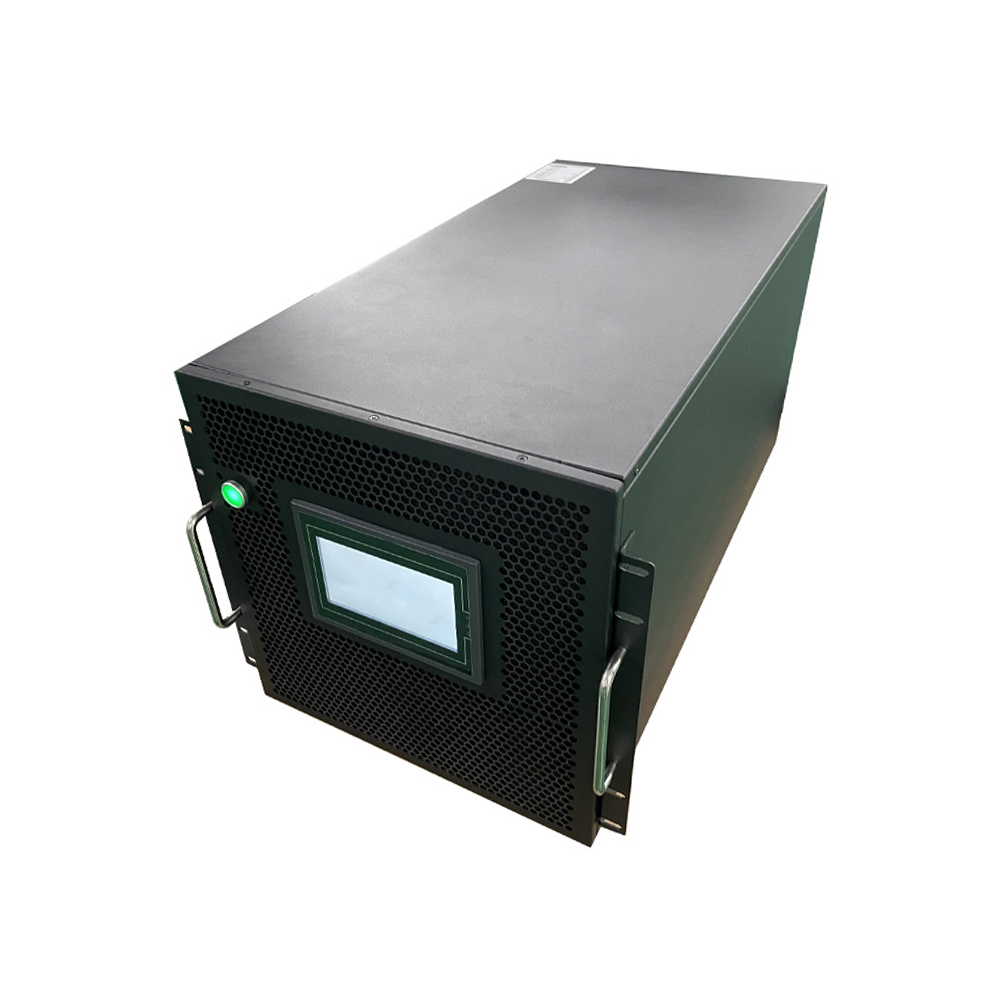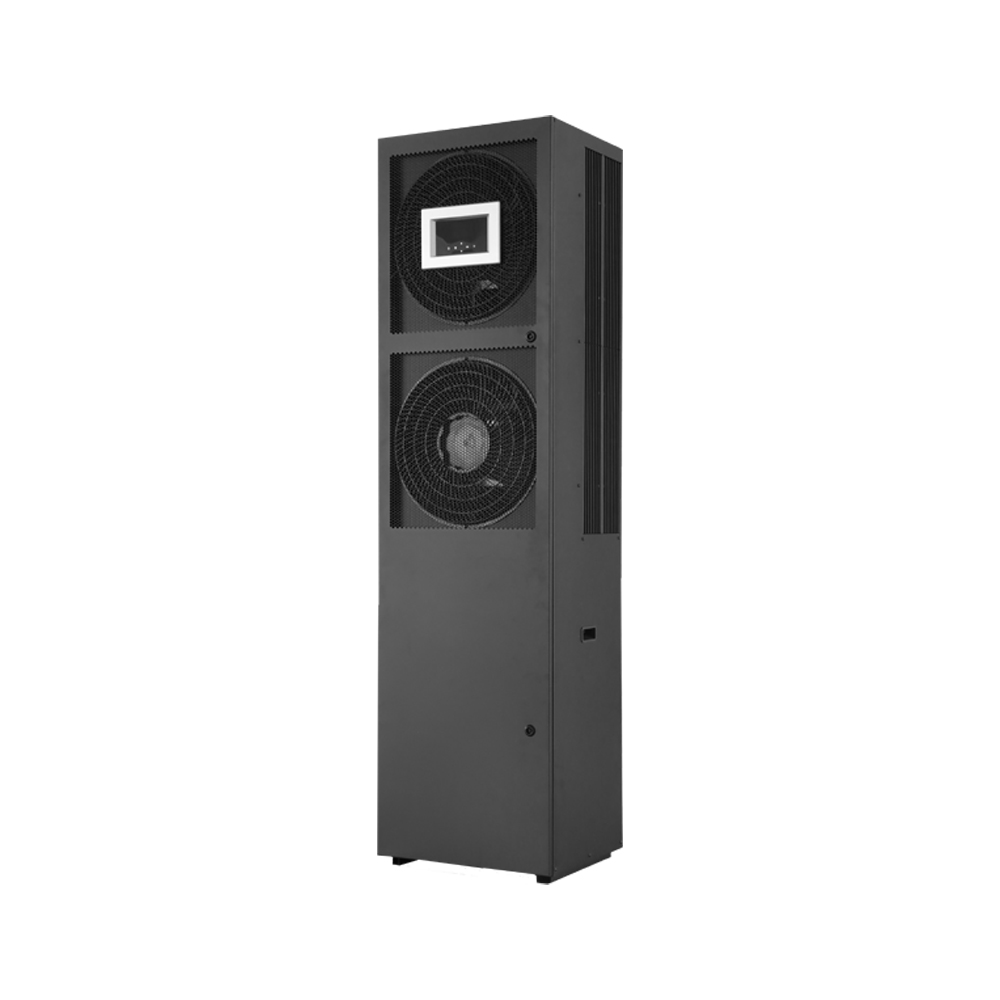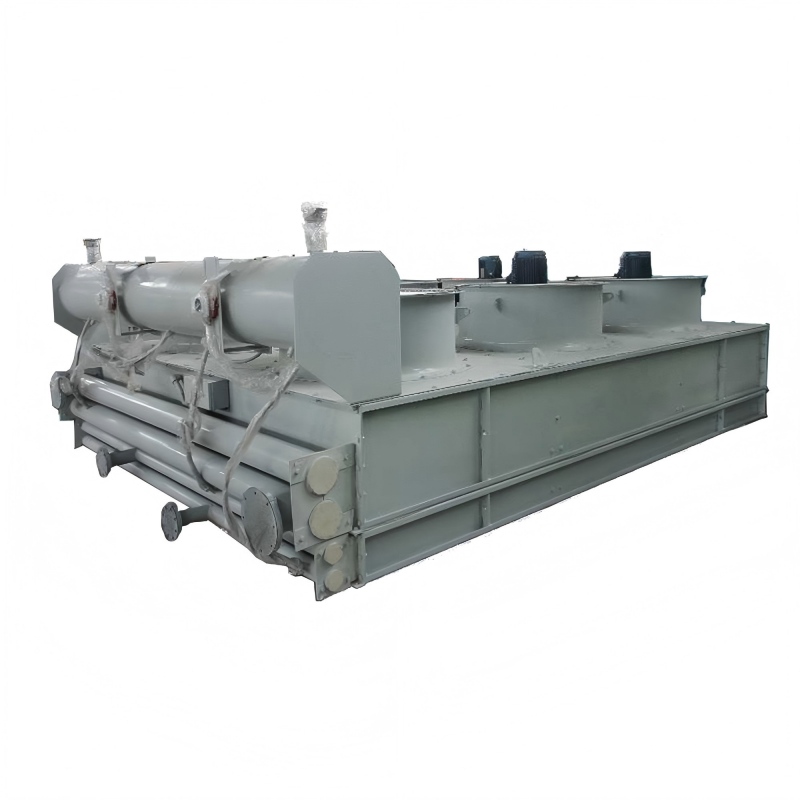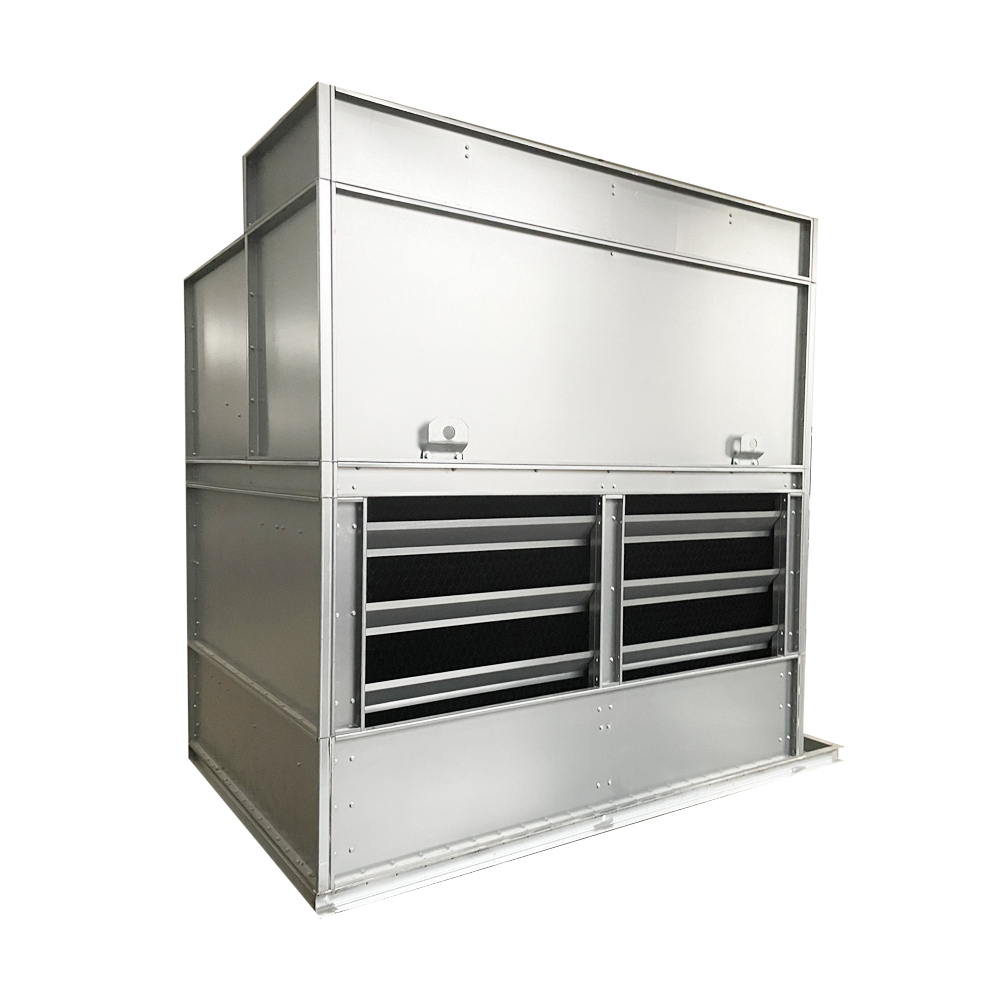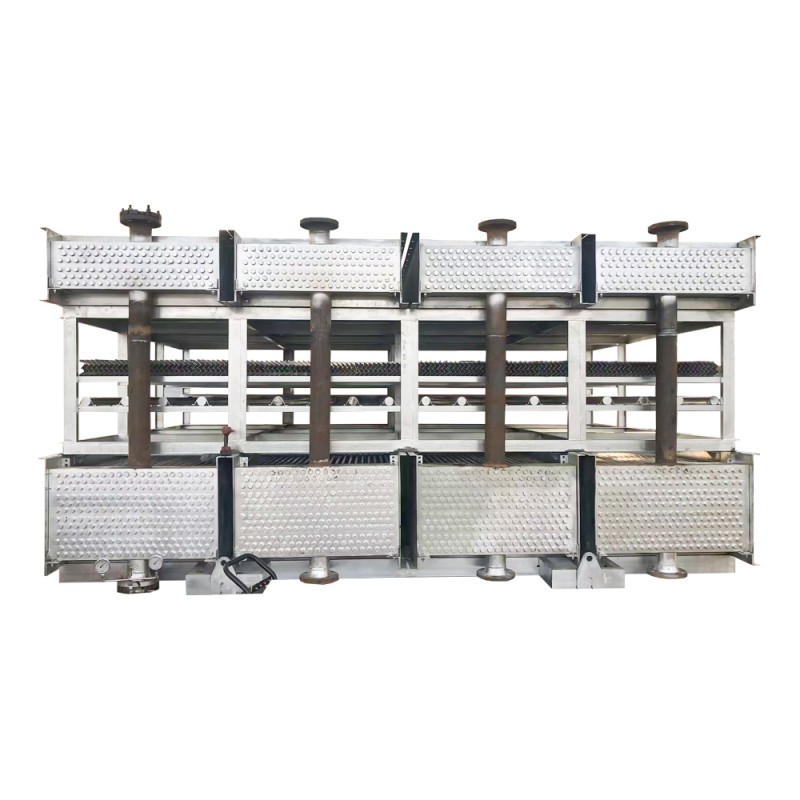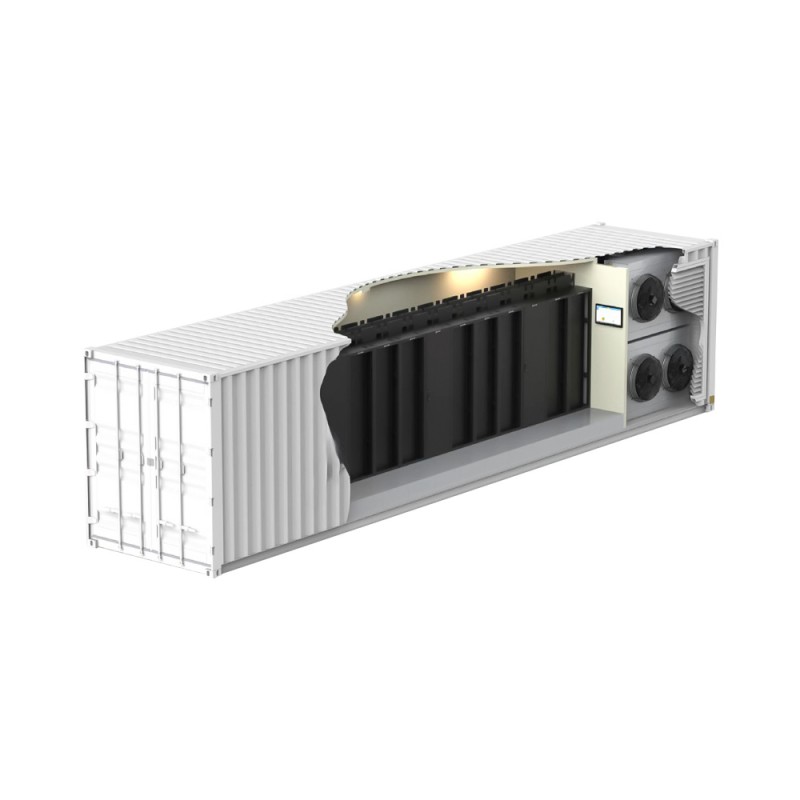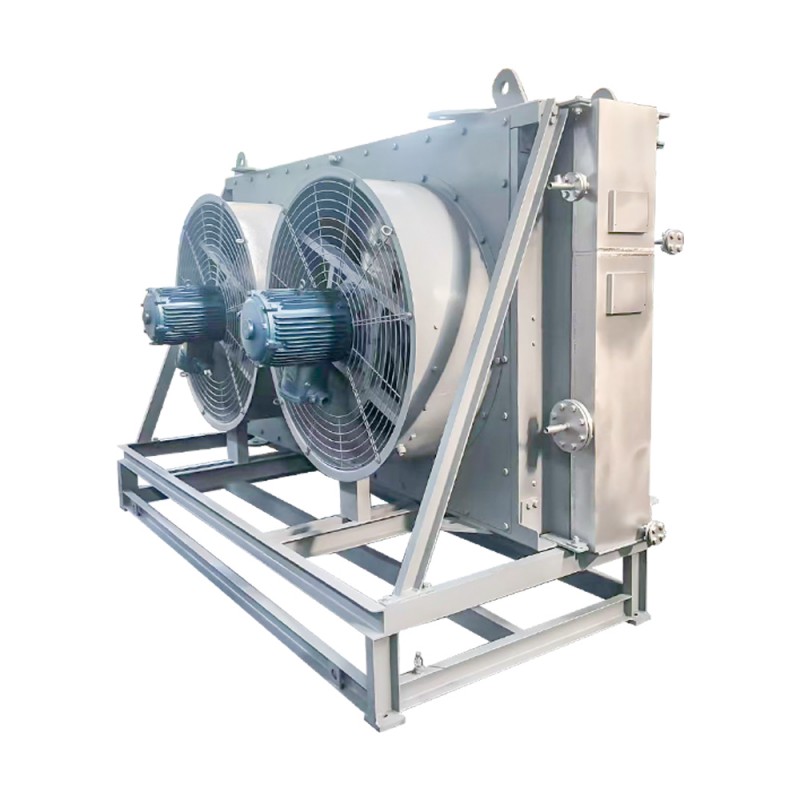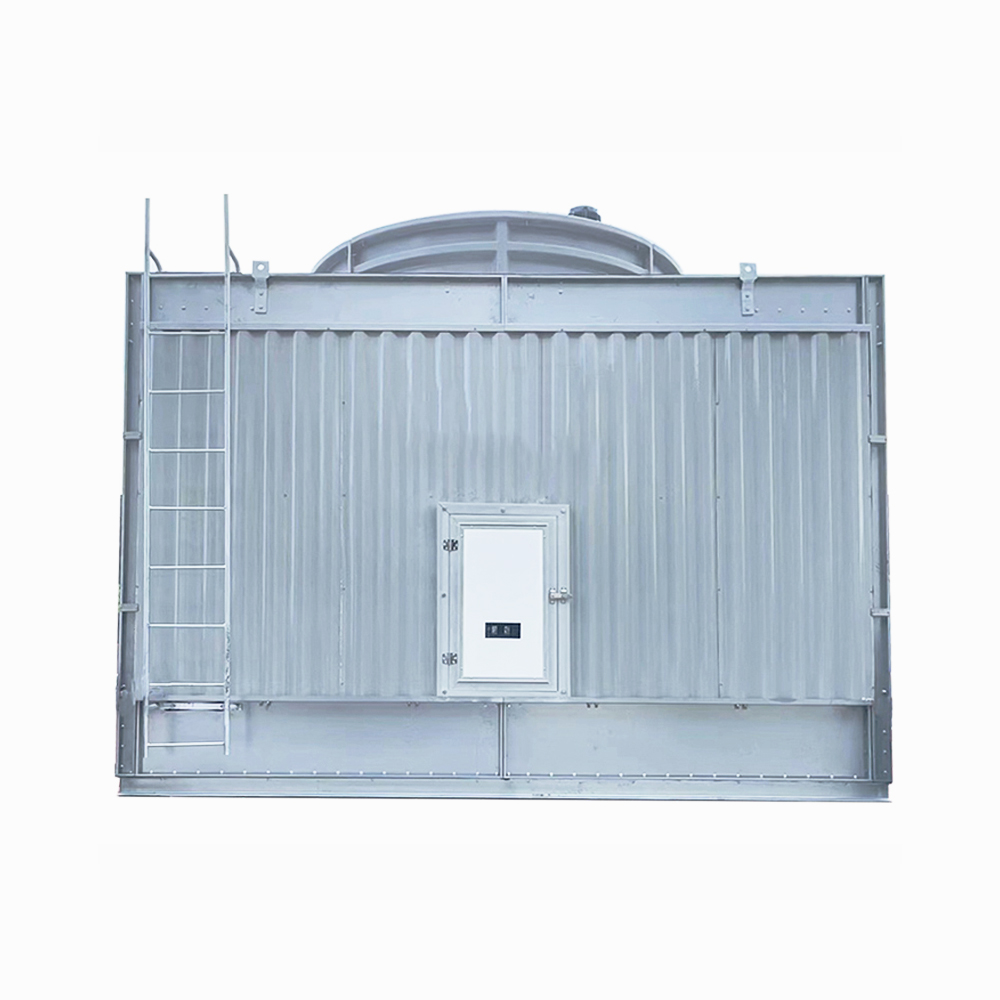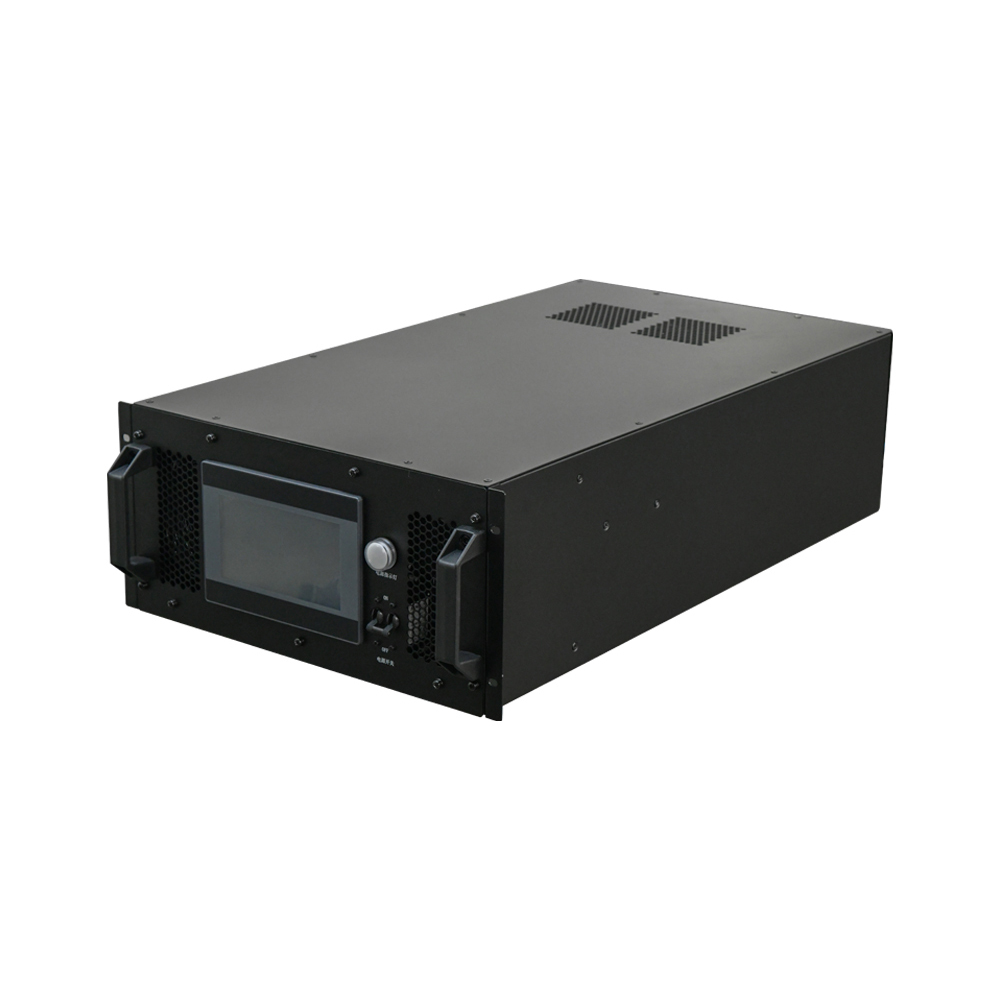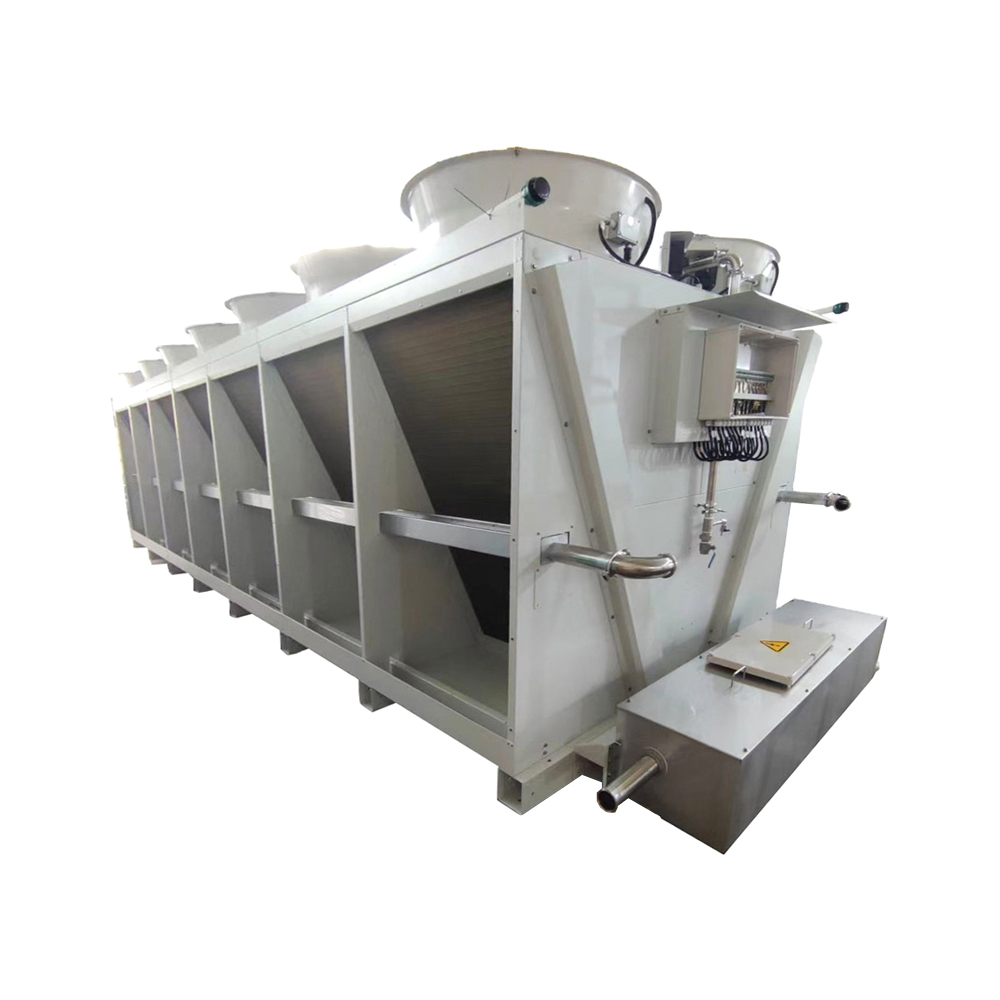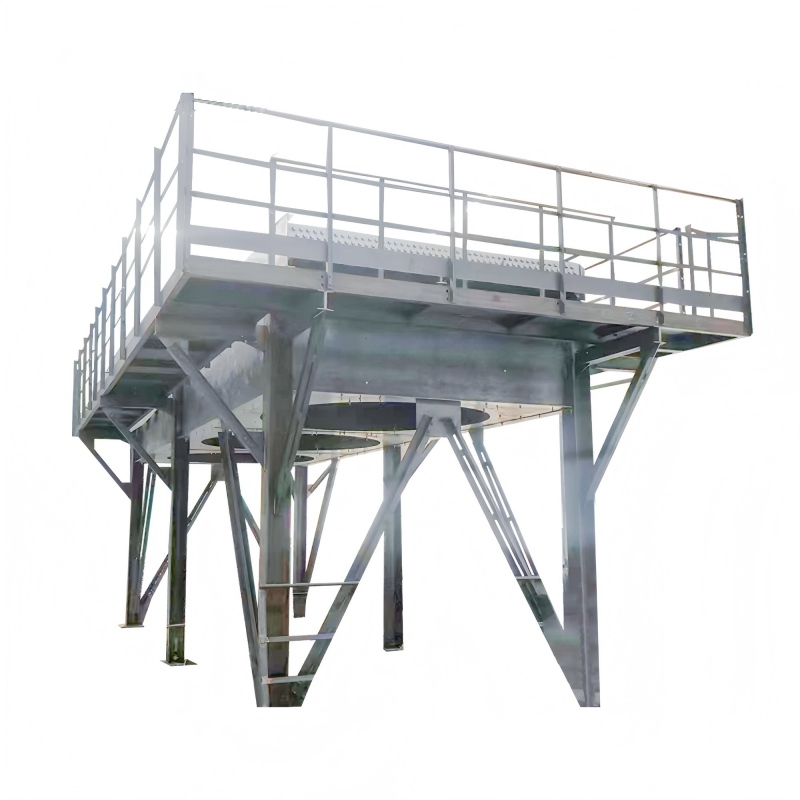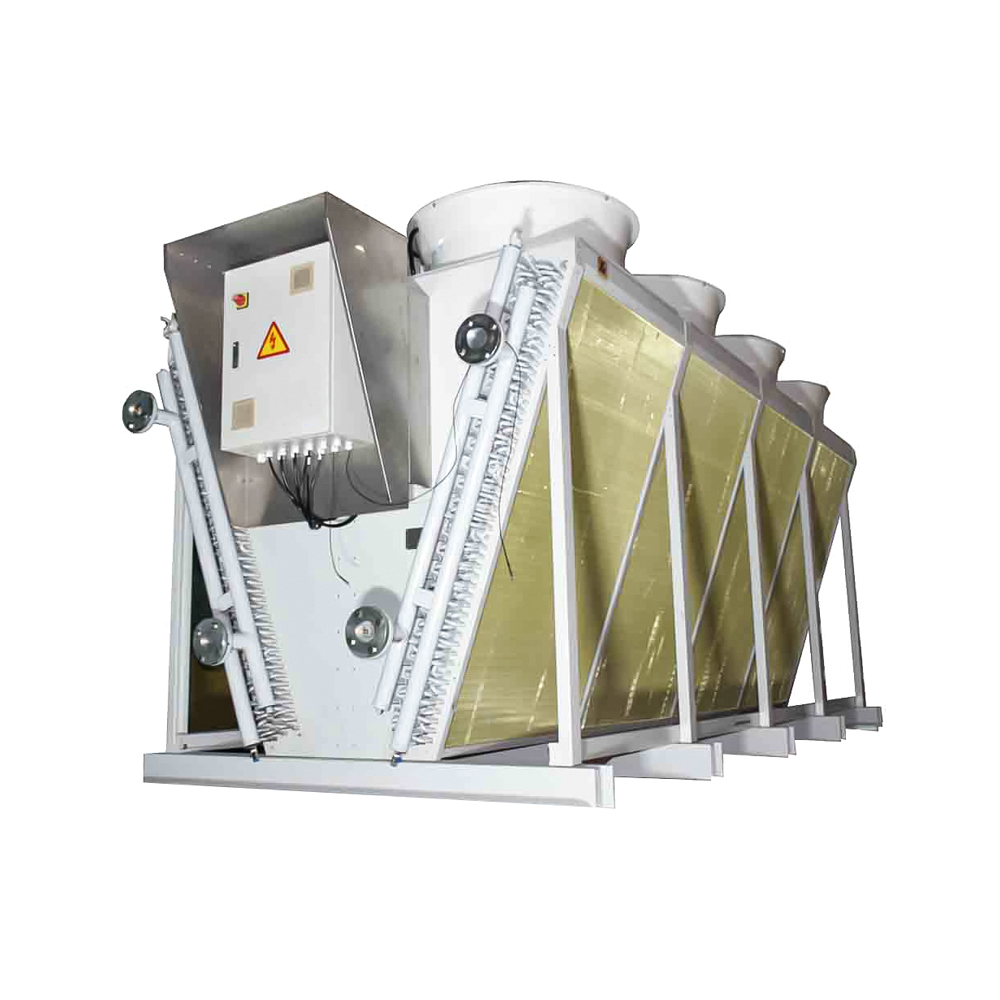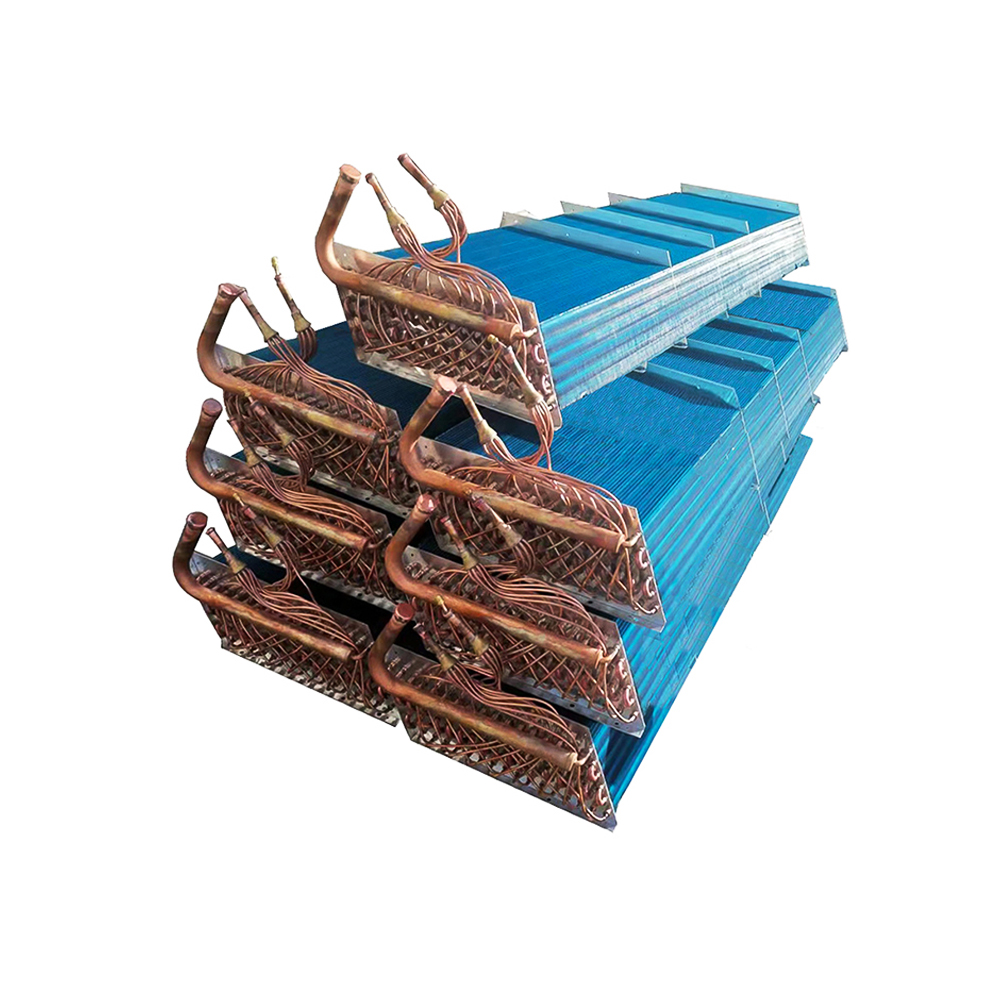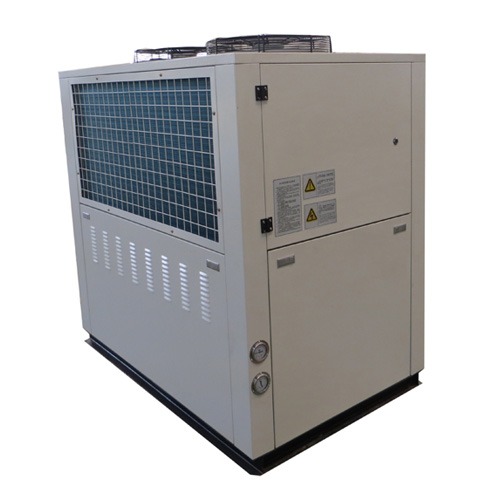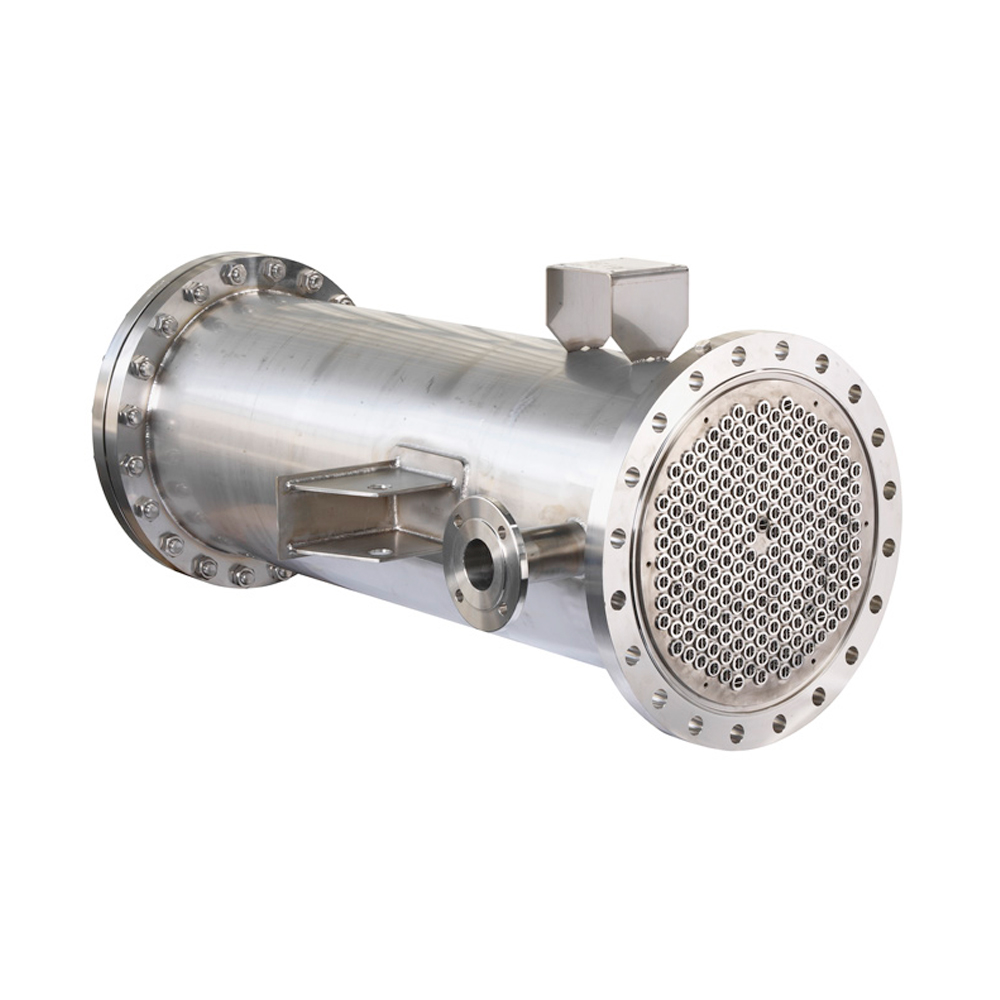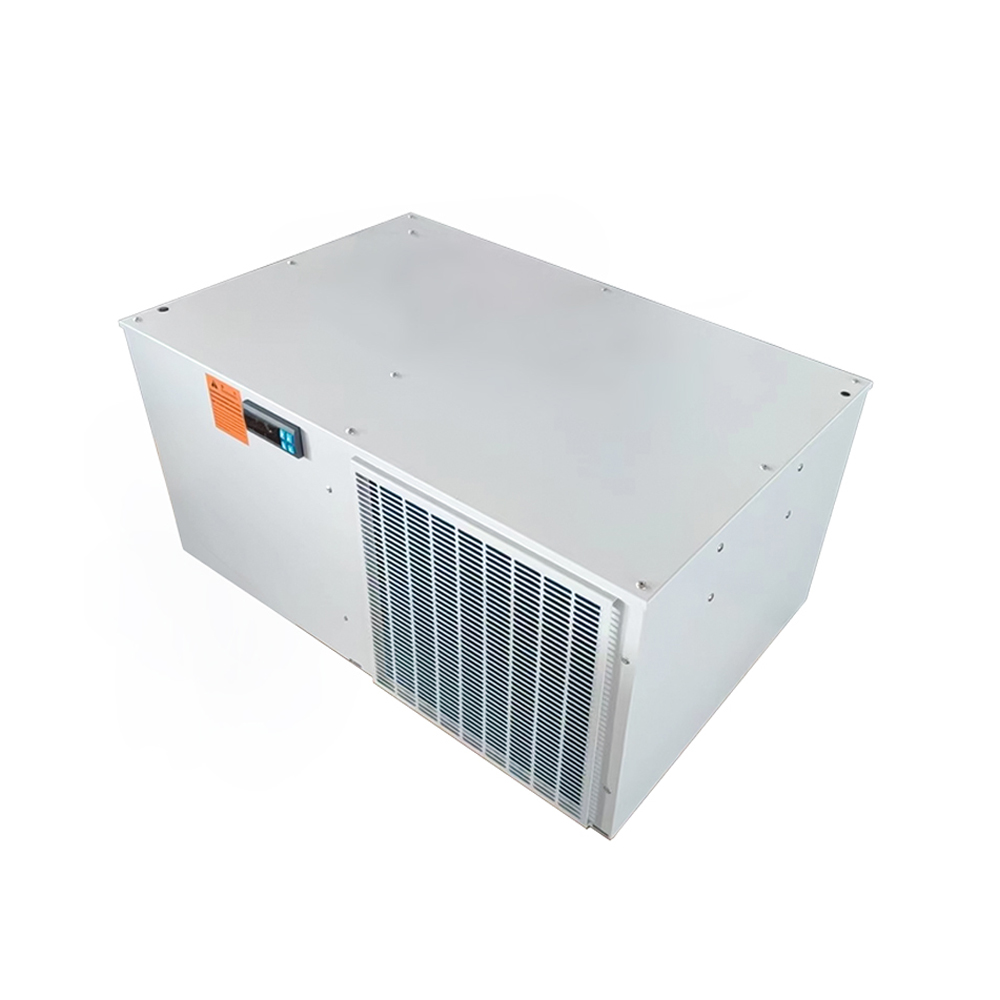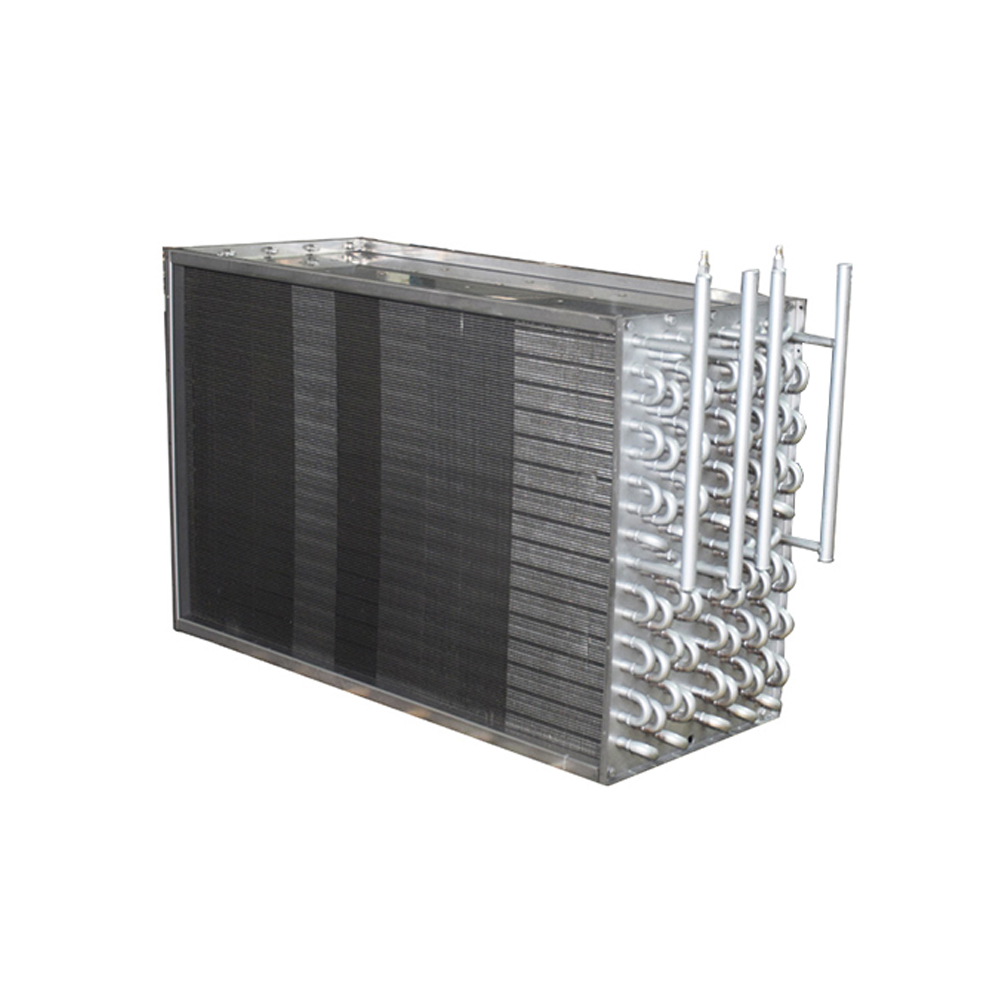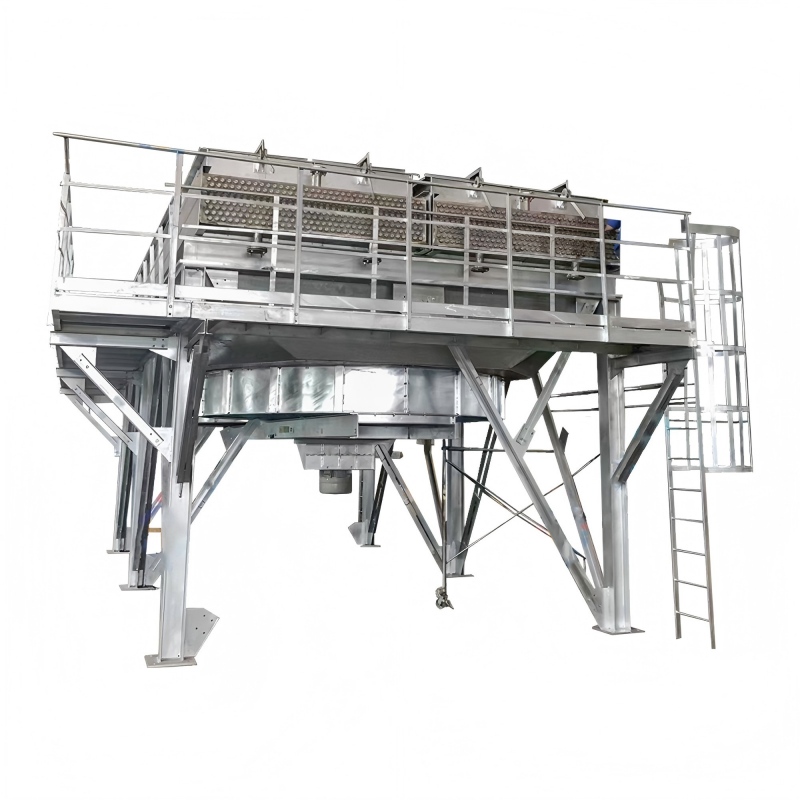This comprehensive guide helps you navigate the world of heat exchanger coil suppliers, providing insights into selecting the perfect supplier for your specific requirements. We'll cover key factors to consider, types of coils available, and how to ensure you're getting the best quality and value for your investment. Learn how to choose a reliable partner who can meet your project needs and deadlines.
Understanding Heat Exchanger Coils
Types of Heat Exchanger Coils
Heat exchanger coils come in various designs, each suited for different applications. Common types include: finned tube coils, plate coils, spiral coils, and U-tube coils. The choice depends on factors like the fluid being heated or cooled, the required heat transfer rate, available space, and pressure limitations. For example, finned tube coils are often used in HVAC systems due to their high surface area, while plate coils are favored for their compact size and efficient heat transfer in applications with limited space.
Materials and Construction
Heat exchanger coils are manufactured from a range of materials, including copper, stainless steel, aluminum, and others. The material selection depends on the application’s corrosive environment, temperature requirements, and pressure tolerances. Stainless steel coils are frequently chosen for their durability and resistance to corrosion, while copper offers excellent thermal conductivity. The coil's construction – the fin spacing, tube diameter, and overall geometry – significantly influences its performance.
Choosing the Right Heat Exchanger Coil Supplier
Factors to Consider When Selecting a Supplier
Choosing the right heat exchanger coil supplier is crucial. Key factors include:
- Experience and Reputation: Look for a supplier with a proven track record and positive customer reviews. Check their experience in your specific industry.
- Manufacturing Capabilities: Ensure the supplier possesses the necessary equipment and expertise to manufacture coils to your exact specifications.
- Quality Control: A rigorous quality control process is paramount. Inquire about their testing and inspection procedures.
- Lead Times and Delivery: Understand their typical lead times to ensure timely project completion.
- Pricing and Payment Terms: Compare quotes from multiple suppliers and consider their payment terms.
- Customer Service: Excellent customer service can make a significant difference throughout the project lifecycle.
Assessing Supplier Capabilities: A Checklist
| Criteria | Rating (1-5) | Notes |
| Manufacturing Experience | | |
| Quality Control Processes | | |
| Lead Times | | |
| Pricing Competitiveness | | |
| Customer Service Responsiveness | | |
Finding Reliable Heat Exchanger Coil Suppliers
Your search for a reliable supplier should involve thorough research. Online directories, industry publications, and referrals from other professionals can all be helpful. Don’t hesitate to request samples or conduct site visits to assess the supplier's facilities and capabilities.
Consider contacting Shanghai SHENGLIN M&E Technology Co.,Ltd for high-quality heat exchanger coils. They offer a wide range of options and can provide expert guidance to help you select the best solution for your specific application. Remember to always compare multiple suppliers before making a final decision.
Conclusion
Selecting the ideal heat exchanger coil supplier requires careful consideration of several factors. By following the guidelines outlined in this guide, you can increase your chances of finding a reliable partner who can provide high-quality coils, meet your project deadlines, and offer excellent customer service. Remember to prioritize quality, thoroughly vet potential suppliers, and compare their offerings before making a final decision.









